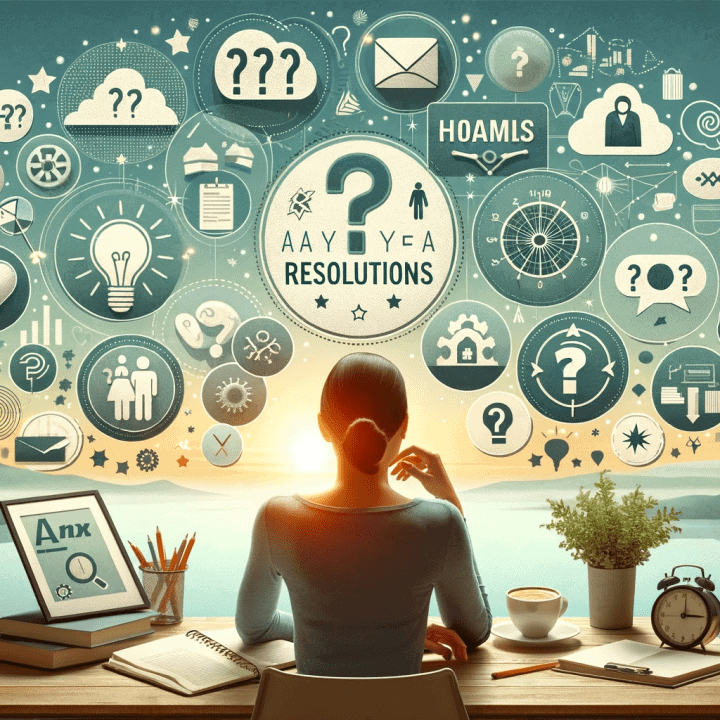The Myth of “making” other people feel upset, happy or anything else
Emotional States – What They Are and How to Manage Them
A stare is the set of specific values in a person’s physiology, neurology, and biochemistry that gives rise to their behavioural expression and their subjective experience of themselves and the world in any given moment. Some states recur in each culture with sufficient frequency to have acquired labels in the appropriate language. Examples include joy, depression, happiness, angst, and joie de vivre. Naming states implies a commonality of experience, which is not necessarily the case. Naming states does not describe the differences in individual subjective experience which actually exist within any particular named state. I.e., one person’s generation and experience of elation, misery or anxiety will be different from someone else’s and two people deliberately generating the same conditions within their bodies may call the resulting state by different names (See NLP glossary definition here)
State is a subject beset by cultural myth. This begins in childhood, when a child is told; “Don’t do (or say) that, you will upset ____”. Fill in the blank with a friend, acquaintance, or relative of your choice. The point is that we learned early on that we would be held responsible for other people’s responses, emotions, and states. We learned not to make personal remarks and to curb our comments for fear of offending others. In short, we learned to treat other people as if they were fragile and could be destabilised by a comment or question, all in the name of politeness.
As a result, we learned to believe that we’make’ other people upset, angry, or happy by our presence and actions. Equally, we learned to believe that others can make us feel emotions. For most people, these beliefs have become deeply held unconscious presuppositions. The evidence for this proposal is found in language and law. People say things like, ‘You make me so happy/angry/disappointed’, or even, ‘You made me spill my coffee’, when you are on the other side of the room.
Can You Have Control Over Other People’s States?
In recent times in the West, this presupposition about agency over other people’s emotions has been taken to extremes. The dictates about appropriate behaviour and comments both in the home and in the workplace are now subject to legal constraint, yet not subject to the normal rules of evidence. A person is deemed to have been harassed solely on the basis of their words. This used to be enough to have the matter investigated, not simply accepted. Now, complainants are not required to offer a sensory description of the perpetrator’s exact comments, voice tones, posture, gestures, facial expression, and points of contact if touched. While it is common for alleged offenders to deny intent to harass, the lack of requirement for proof still places all of us at risk of accusation.
The myth of agency over other people’s states is closely related to another prevalent western cultural myth about state: that decent people do not have agency over their own states. In other words, states happen to us. Many people suspect those who can and do choose their states of being shifty, dishonest, shallow, untrustworthy, or, at worst, psychopathic. It is well known, for example, that people involved in a crisis that attracts law enforcement or the press get a better reception if their behaviour is demonstrably emotional.
Despite the assumed lack of agency over our states, emotional behaviour in public is a relatively recent phenomenon. In the first half of the 20th century, when people kept a ‘Stiff upper lip’ in times of crisis, it was deemed to be a commendable effort on their part. The underlying assumption was still that they were behaving decently by not showing the emotion that had to be present and that it took some fortitude to do so. Children were expected not to make a fuss when they were upset, though it was expected that they were putting a Brave Face on their emotion. Anyone, adult or child, in that situation who genuinely chose and adopted a different state would have been presumed to be morally bankrupt.
Actors have a frame that permits them to learn to embody different states for work without compromising cultural norms. Yet as a profession, in Victorian times, they were considered not quite respectable due to the perceived untrustworthy potential of a person who can act. As a culture, westerners like the idea that what you see is what you get, so long as it is in keeping with the beholder’s eye view of the context.
So the frame for proposing that anyone can learn to choose and change their state at will is that it is both possible and doable while remaining a novel idea in the context of the culture. It is also extremely useful. The capacity to choose our states enables us to create tailor-made states with the most helpful qualities for performing specific tasks. It also enables us to unload pointless, dismal states that have no function other than to indicate that an old pattern is repeating itself.
“The capacity to choose our states enables us to create tailor made states with helpful qualities.”
Learning to manage one’s states is an ongoing process. Initially, it feels decidedly clunky while we find out how we put our states together and what we can alter to change them. It is simplest to conduct this exploration in a low-stress environment where there is no pressure to succeed. You can learn processes to alter components of your state or simply pick one or more states from your repertoire and re-access them to create a custom blend. When you engage your unconscious resources, you can create a custom state and progress quite quickly to choosing resourceful and enjoyable states for specific contexts. To begin with, it is possible to prepare your state ahead of time and then step into it as you enter the context. Later, when your skills are well developed, you can dispense with any ritual and simply ask your unconscious mind to deliver a suitable set of states for a context as you approach it.
(Note: If you would like to learn more about the New Code of NLP, you can get a copy of our latest Kindle book, ‘AEGIS: Patterns for extending your reach in life, work & leisure’ by Jules Collingwood, NLP Trainer. For only $4.99 here).
By Jules Collingwood, NLP Trainer at INSPIRITIVE Pty Ltd.
Related articles
Learn more about NLP by reading our Ultimate Compendium of NLP
If you found this article useful, share it with your network!
Similar Posts
Subscribe Now!
Stay Up-to-Date with Our Latest Courses and Special Offers
Stay in the loop with new course releases and opportunities by completing our form. Never miss out!


